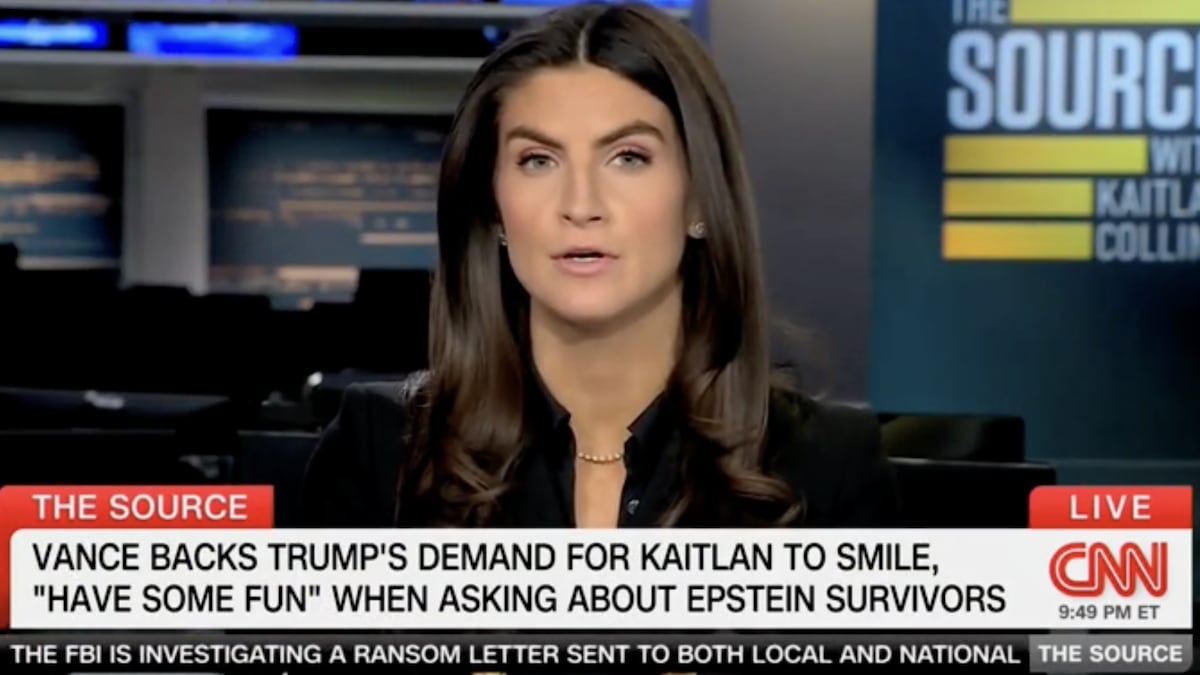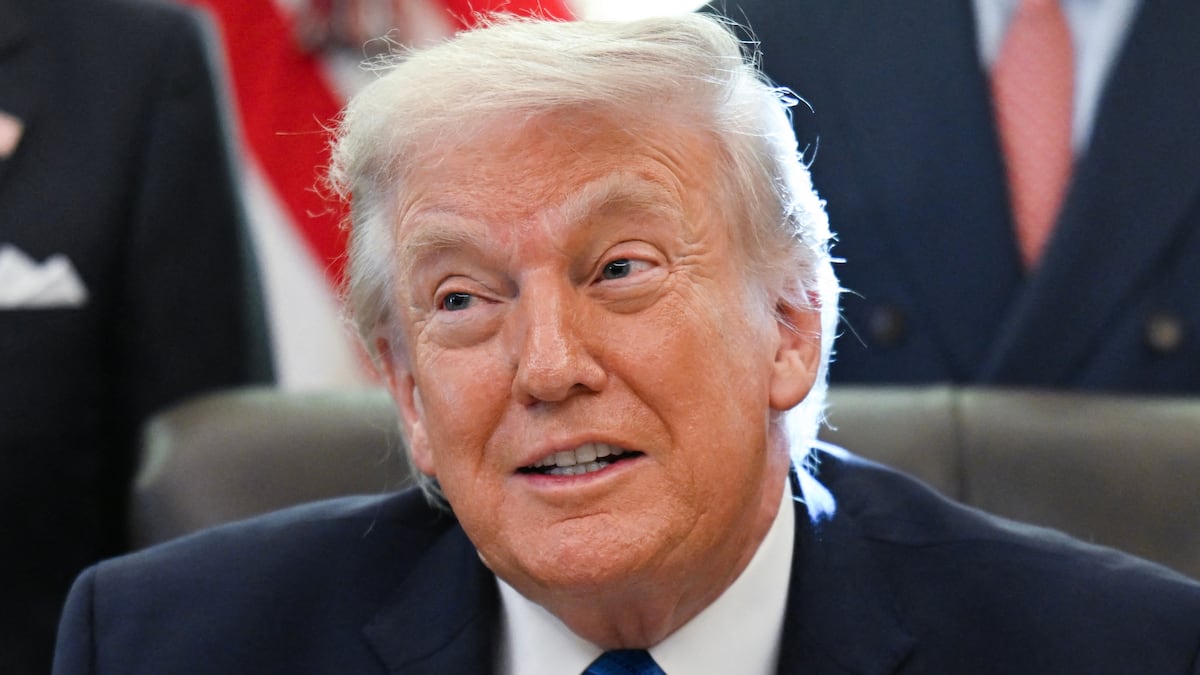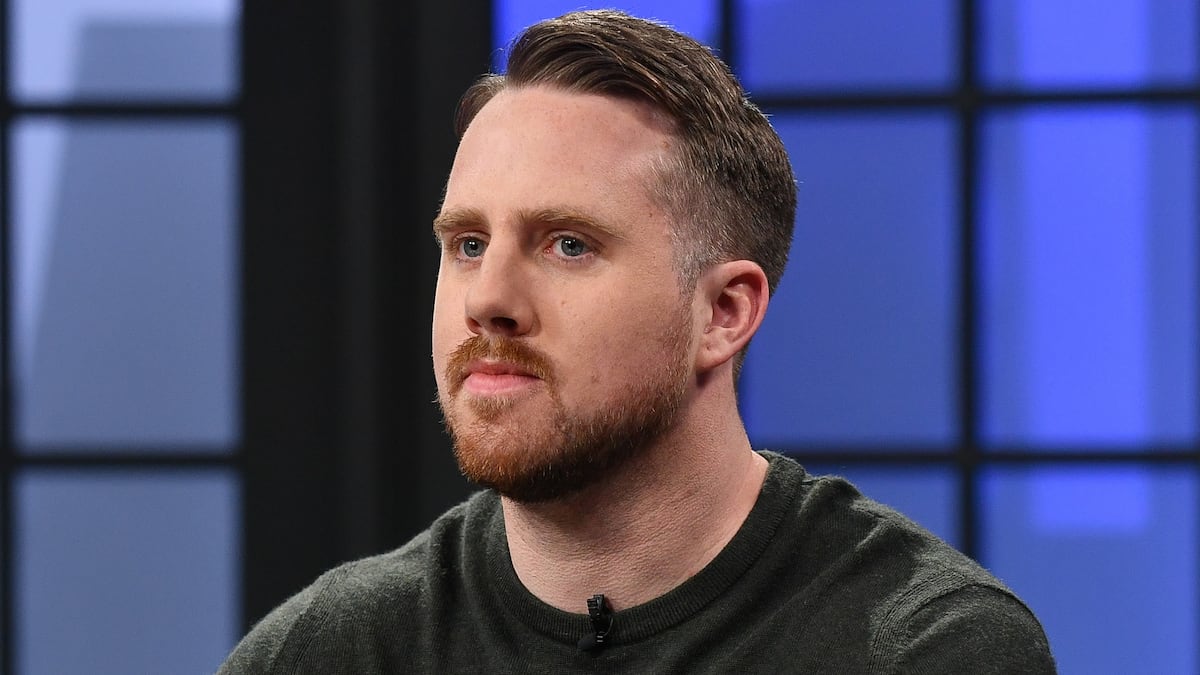Oh, George, what were you thinking? You had it in the bag!
I’m still shaking my head over last week’s startling news that a Florida judge was revoking George Zimmerman’s bond after learning that Zimmerman and his wife had intentionally misled the court on two key issues during his bond hearing in April.
George, don’t you realize you had one crucial asset in this entire affair—your own credibility—and you just blew it?
According to a motion filed by prosecutors, at that bond hearing Zimmerman and his wife, Shelly, told the court that they had essentially no money, and as a result he was released on $150,000 bond, of which he had to pay only 10 percent. It turned out that Zimmerman was sitting on at least $135,000, some if not all of which came from donations to a PayPal account he had set up to aid in his defense. (The news of the extra funds broke only days after the hearing, but prosecutors did not file their motion to revoke Zimmerman’s bail until last week.)
At the same hearing, Zimmerman surrendered what he claimed was his “only passport,” but prosecutors later discovered that he had a second, valid passport that he did not turn over.
This changes the dynamic of the case completely. The trial—if it happens—will no longer be about sophisticated points of law which could produce a rigorous and even useful examination of Florida’s controversial Stand Your Ground law, but about something comparatively mundane: truth and lies.
From the beginning, the case has hung on the slender thread of Zimmerman’s veracity: would a jury believe his version of what happened that night? If so, under Stand Your Ground he was almost certain to walk free.
But now all that’s changed. If there’s wisdom in the old adage that you shouldn’t lie to your doctor or your lawyer, that goes doubly for your judge. As Zimmerman just found out the hard way, judges get really, really upset when they perceive someone is being even slightly disingenuous in court. Flat-out lying is even worse, since unlike the rest of us, judges have virtually immediate recourse when they discover they’re being played. The integrity and reliability of our criminal justice system depends on everyone involved being truthful—you don’t swear on a Bible for nothing—so judges will virtually always lock you up for lying to the court.
Judge Kenneth Lester is no exception. As the Associated Press reported, he addressed the falsehoods last week, saying to Zimmerman’s lawyer, "Does your client get to sit there like a potted plant and lead the court down the primrose path? That's the issue.” Mixed metaphor aside, the judge’s displeasure was clear.

Another problem Zimmerman has created for himself is that it’s far more difficult to win a criminal case when you’re in custody. Why? For one thing, they monitor your communications. (This is, of course, what landed Zimmerman back in jail to begin with.) The ability to speak openly and freely is something most of us take for granted, but once you’re in custody all bets are off. Some defense lawyers believe that even the rooms provided for confidential lawyer-client conversations in some jails are bugged. Why Zimmerman didn’t heed the clear warning on the jailhouse door that “all calls are subject to being monitored” (by law, a warning that is posted in every jail in America) is mind-boggling. To resort to the silly coded language he allegedly engaged in with his wife while discussing their finances is simply juvenile. What were they thinking?
Also, the simple logistics of your attorney getting inside the jail every time he or she wants to talk to you makes developing an adequate defense more difficult. Jailors can and sometimes do make the process of entering and leaving a facility onerous and time-consuming, even for defense attorneys … in some jurisdictions, especially for defense attorneys.
And while it can’t technically be used in court, the fact that a defendant is in custody during a trial creates the perception in jurors’ minds that there must be some degree of guilt ... otherwise he wouldn’t be in custody!
Judge Lester knows all of this, so in order to allow Zimmerman to have the fairest trial possible he will be strongly inclined to release him again. But now he has to wonder if Zimmerman might try to give him the slip. No judge wants that kind of egg on his face, particularly when the whole country is watching.
Zimmerman’s attorney, Mark O’Mara, alerted the court when he found out about the PayPal funds. It’s not clear if he knew about the existence of the second passport, but at the bond hearing he said, “This is my client’s current passport and the only passport that he has,” so either Zimmerman hoodwinked him too or he’s committed an offense worthy of disbarment. (I’m guessing the former.)
Surely O’Mara knows that in a case of this magnitude, every aspect of the defendant’s life history is going to be known to the prosecutor sooner or later. If Zimmerman pulled a girl’s pigtails in third grade, the prosecutor will find out. Only saints come out looking good under this level of scrutiny—and Zimmerman, whatever you believe about the events of Feb. 26, is no saint.
Judge Lester will grant an evidentiary hearing soon on the PayPal and passport issues, which will allow the defense the opportunity to explain them away. But the hearing could turn out badly for Zimmerman, since it will allow the prosecution to go into much greater detail regarding his and his wife’s alleged attempts to fool the court.
Speaking of Mrs. Zimmerman, the perjury she clearly committed during the initial bond hearing (when she testified they were dead broke to obtain a lower bail) will almost surely be used as a bargaining chip against the couple by prosecutors at some point. The state’s attorney is not going to let an advantage like that slip away.
And let’s not forget Title 18, Chapter 75, Section 1542 of the U.S. Criminal Code, which states that lying on a passport application is punishable by a term of 10 years behind bars. To obtain his second passport, Zimmerman reportedly told authorities he’d lost his original one. It’s possible that he honestly believed he had lost it at the time, but clearly he found it again. At that point he was legally obligated to turn it in, which he did not do. On top of that, he sat silently in court as O’Mara handed it over and claimed it was his “only” passport.
Unlike the recent failed prosecution of John Edwards, who decided (wisely, it now appears) not to take the stand in his own defense, Zimmerman is the primary witness in his own defense, so if he wants any chance of being acquitted, he must take the stand and try to sell the jury his version of what happened the night he shot and killed Trayvon Martin. But when he does, the prosecutor is going to rip his credibility apart over these two issues. In a dilemma he created by himself, Zimmerman is damned if he does, and more damned if he doesn’t.






